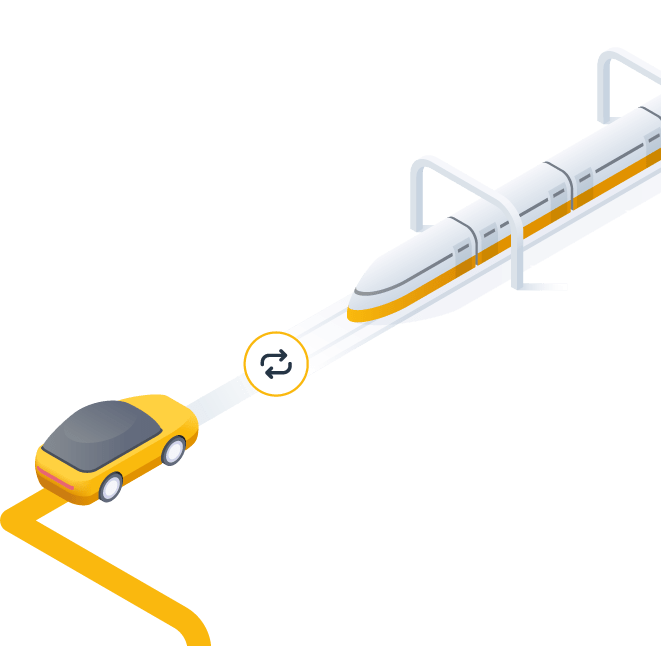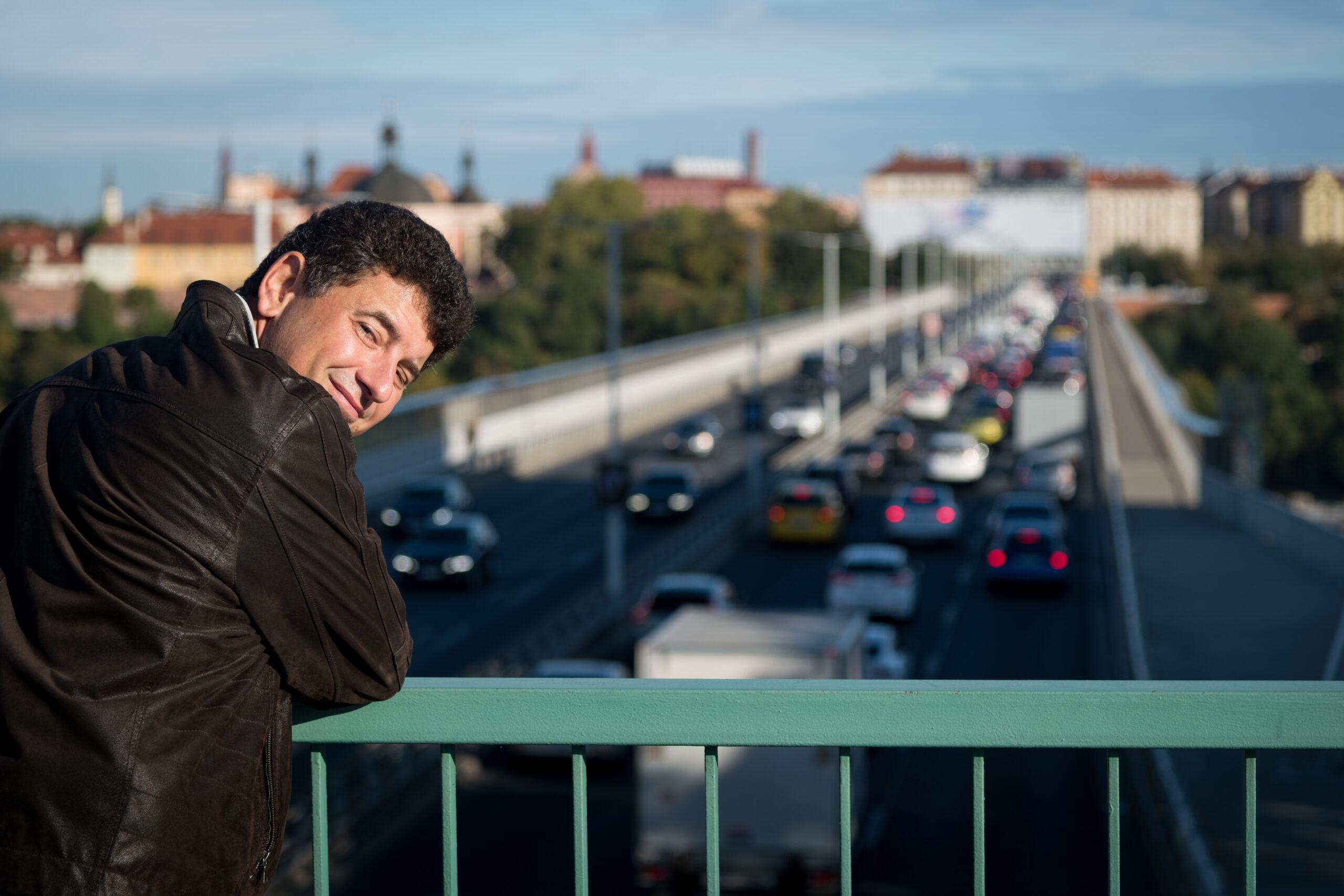C
C
There has been an increasing number of vehicles with yet fewer passengers, primarily in lucrative central areas, which has further reduced throughput. This is how Juraj Atlas, an urban mobility expert and a co-founder of the ride-hailing service Liftago, has recently described the present situation and the future of urban transport. He decided to take action and founded a new startup to help alleviate the situation in congested urban centers for better cities.

Mileus aims to improve the overall traffic situation in large European cities. The platform will make travelling easier by interconnecting public transport with ride-hailing services. The first phase of a pilot program has launched in Prague this spring, partly thanks to an investment of 400,000€ from Nation 1 fund. Prague citizens can expect the public phase of the pilot program to launch soon after the COVID-19 regulations are eased and life in the streets sparks up again.
“On your commute home from the city, a taxi will pick you up at the appropriate public transport stop. No need to wait tens of minutes for another bus. The taxi will drop you right in front of your door. Surveys show that 70% of journeys that city dwellers take during a month are from or to their place of residence,” Atlas explains.
70% of journeys that city dwellers take during a month are from or to their place of residence.
In many cases, people decide on their morning mode of transport depending on when and from where they will be returning home later in the day. And because of their depleted energy levels in the evening, they prefer maximum comfort after work and want to avoid a lengthy commute. So even if they would be fine with incurring a bit of discomfort of public transport for their morning commute, they rather jump into their cars to secure a more comfortable journey in the evening.
“Mileus will offer the comfort of a car for the evening’s last mile travel without the stress of driving through congestion and a lengthy search for a parking place in the morning,” Juraj Altas describes the idea behind his new project which he has taken up while keeping his position of the board chairman at Liftago.
More comfortable than public transport, cheaper than a taxi.
Mileus aims to offer an alternative to ineffective individual car transport which is often the only reliable option for people living in city outskirts. Atlas believes that ride sharing will not only alleviate the congested transport infrastructure but also offer freedom to commuters who must now rely on their private cars. Until now, city outskirts have not been profitable enough for ride-hailing and ride-sharing operators in comparison with city centers. That’s why Mileus also aims to increase the demand and ride frequency for their services in these areas.
Grow your ride-hailing business with intermodality
Learn how you can:
- Boost search to ride conversion rate
- Increase ride frequency and average revenue per user
- Improve vehicle utilisation and fleet efficiency
Download our free case study to find out how you can grow your ride-hailing business sustainably by providing intermodal service to customers.

“The initiative does not compete with public transport but expands its reach without the need to increase capacity or introduce new lines. Sustainable urban transport would not be feasible without a transit system. Our platform will marry the two modes of transport, each focusing on the respective segment of the journey where it excels, and will bring new passengers to their operators,” Atlas explains.
Sustainable urban transport would not be feasible without a transit system.
The investment from Nation 1 fund will help make future European pilot programs a reality and will support further development of the startup. “The proposition of a new type of travel that combines the benefits of public and individual transport is what differentiates Mileus in the market. The development of the technology that will ensure interconnection between ride-hailing services and public transit is not trivial but it will help improve the traffic situation and reduce pollution in cities,” says Martin Bodocký, Technical Partner at Nation 1.
The focus on commuters is just the beginning for Mileus. After pilot testing and an expansion of the service, further stages of the project will address interconnection between different modes of transport throughout the whole day. This should give people certainty that they will be able to travel to the city center — whether for work, shopping, a medical appointment, or administrative procedures — and back home faster and more comfortably than by public transport alone and cheaper than by a taxi alone. They will be able and more likely to leave their car in the garage and contribute to improving the traffic situation and the quality of life in the city, as Mileus believes.
This article is a translation of an article published by CzechCrunch, authored by Peter Brejčák.
.
For more blog posts and urban mobility updates, follow Mileus on LinkedIn:









